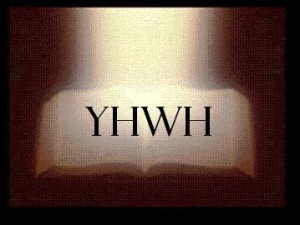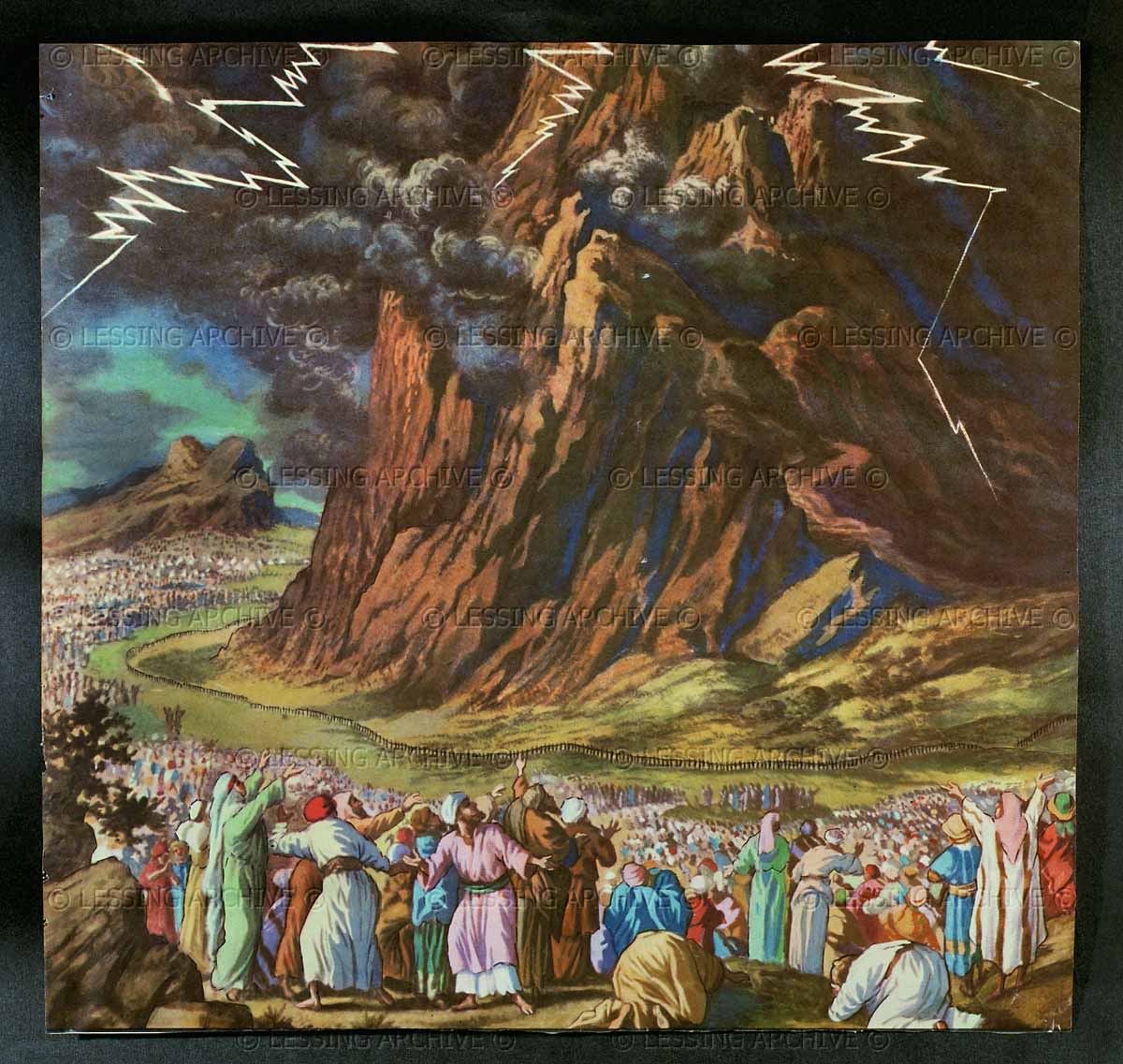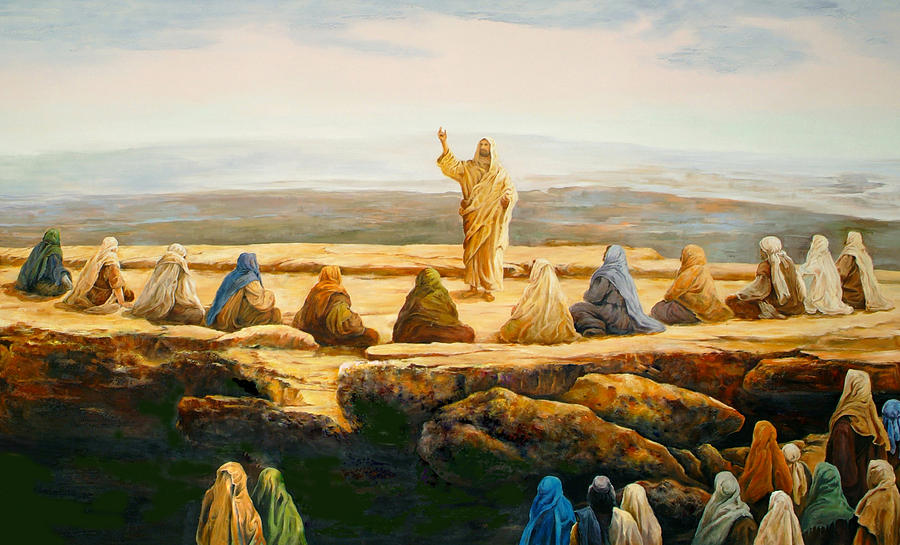[Originally posted in 2012; too good not to repost every year as a reminder of what Rosh Hashanah stands for. A great read not only for Israel, but for all Gentiles as well. We are featuring one of our favorite resource persons, Rabbi Jonathan Sacks, who has a very active website that we highly recommend just as we endorsed two of his books.
Please check his website for many more articles.
Rosh Hashanah, the Jewish New Year,
- is a kind of clarion call, a summons to the Ten Days of Penitence which culminate in the Day of At0nement.
- The Torah calls it ‘the day when the horn is sounded’, and its central event is the sounding of the shofar, the ram’s horn.
More than any other, the sound of the shofar has been the signal of momentousness in Jewish history, italicizing time for special emphasis.
- It was the ram’s horn that sounded at Mount Sinai when the Israelites heard the voice of God and accepted the covenant that was to frame our religious destiny.
- It was the ram’s horn that accompanied them into battle in the days of Joshua.
- And it would be the ram’s horn that would one day signal Israel’s return from exile, gathered once again in the promised land.
On Rosh Hashanah the shofar becomes a herald announcing the arrival of the King, for at this time of the year God is seen not as a father or creator or redeemer, but as the Sovereign of life enthroned in the seat of judgment. The imagery of the prayers is royal and judicial. The world has become a vast court, and its creatures pass before the King of Kings awaiting his verdict.
With trumpets and the blast of the ram’s horn
Raise a shout before the Lord, the King . . .
For He comes to judge the earth. (Psalm 98:6, 9)
Before Him are the books of life and oblivion, and we pray to be written in the Book of Life.
At times the imagery of the day can seem remote because monarchy has become for us less judicial, majestic and grand. Kings and queens no longer enter palaces to the sound of trumpets and preside over issues of life and death. Nonetheless, Rosh Hashanah still conveys a sense of expectancy and moment. Its two days are Days of Awe in which we are conscious of standing before God, our past exposed to scrutiny, our future unknown and in the balance.
The New Year and the Day of Atonement are vivid enactments of Judaism’s greatest leap of faith: the belief that the world is ruled by justice. No idea has been more revolutionary, and none more perplexing. There are questions that challenge faith, and there are questions that come from faith.
Those who asked about the apparent injustices of the world were not figures of doubt. They were Judaism’s supreme prophets.
Moses asked, ‘O Lord, why have You brought trouble upon this people?’
Jeremiah said, ‘Right would You be, O Lord, if I were to contend with You, yet I will speak with You about Your justice’
Why does the way of the wicked prosper? Why do all the faithless live at ease?’ They did not ask because they did not believe. They asked because they did believe. If there were no Judge, there would be no justice and no question. There is a Judge.
Where then is justice?
Above all else, Jewish thought through the centuries has been a sustained meditation on this question, never finding answers, realizing that here was a sacred mystery no human mind could penetrate.
All other requests Moses made on behalf of the Jewish people, says the Talmud, were granted except this: to understand why the righteous suffer.
As tenaciously as they asked, so they held firm to the faith without which there was no question: that there is a moral rule governing the universe and that what happens to us is in some way related to what we do.
Good is rewarded and evil has no ultimate dominion.
No Jewish belief is more central than this. It forms the core of the Hebrew Bible, the writings of the rabbis and the speculations of the Jewish mystics. Reward and punishment might be individual or collective, immediate or deferred, in this world or the next, apparent or veiled behind a screen of mystery, but they are there. For without them life is a tale told by an idiot, full of sound and fury, signifying nothing.
The faith of the Bible is neither optimistic nor naive. It contains no theodicies, no systematic answers, no easy consolations. At times, in the books of Job and Ecclesiastes and Lamentations, it comes close to the abyss of pain and despair.
‘I saw’, says Ecclesiastes, ‘the tears of the oppressed — and they have no ‘comforter.’ ‘
The Lord’, says Lamentations, ‘has become like an enemy.’
But the people of the Book refused to stop wrestling with the question. To believe was painful, but to disbelieve was too easy, too superficial, untrue.
So on Rosh Hashanah, we live in the presence of this risk-laden proposition, that in goodness is the way of life. Knowing our failings, we come before God asking Him to find in us some act that we have done or that we might yet do for good.
‘Write us in the book of life.’
# # #
The ram’s horn, though, meant something else to Jewish tradition as well as the sound of judgment. It recalled one of the great trials of the Hebrew Bible:
Abraham, who was willing to sacrifice his son Isaac for the love of God.
This too is a mystery until we read the end. God tells Abraham to put down the knife. He does not desire the sacrifice of human life. Abraham looks round and sees a ram caught in a bush by its horn and offers it instead.
This became a motif of Rosh Hashanah:
Rabbi Abbahu said: Why do we blow the ram‘s horn?
The Holy One, blessed be He, said,
‘Sound before Me a ram’s horn so that I may remember on your behalf the binding of Isaac the son of Abraham and account it to you as if you had bound yourselves before me.’
I sometimes wonder what lay behind this interpretation of Rabbi Abbahu, a great third-century sage.
- Was it merely the idea of ancestral merit, that God would forgive Israel as He had done in the days of Moses out of love for the patriarchs?
- Or was it a more recent memory of the Jews who had died as martyrs under Roman rule rather than give up practicing their faith and teaching Torah in public? For they had allowed themselves to be bound at the altar of self-sacrifice, and no word had come from heaven to end the trial.
I remember one of the first sermons I was called on to give. I was a student at the time, and the Torah portion of the week was the passage in Exodus which describes how the Israelites in the wilderness made the golden calf. After days of fruitless effort, l turned to my teacher for advice. ‘I want,’ I said, ‘to say something positive. But wherever I turn I find something dispiriting: the Israelites’ sin, Aaron’s weakness, and Moses’ anger.’
My teacher replied in the following remarkable words:
When Moses prayed for forgiveness for the Israelites, he said, ‘Because this is a stiff-necked people, forgive “our wickedness and our sin and take us as Your inheritance’ (Exodus 34:9).
Was this not a strange thing to say?
Their obstinacy was surely a reason to be angry with them, not to forgive them. But the truth is that we are an obstinate people. When the Israelites saw God, in the wilderness, they disobeyed Him. But when they could not see Him, throughout the many centuries when Jews were powerless and persecuted for their faith, they were tenaciously loyal to Him. They might have converted or assimilated, but they did not. They chose to suffer as Jews rather than find tranquillity by relinquishing their Judaism. Their obstinacy, which was once their greatest vice, became their greatest virtue.
It was with that plea that Jews came before God on the days of judgment. They had known what it was to be Isaac bound on the altar. Already in the Middle Ages, as they wept for the victims of the blood libels and the Crusades, the authors of elegies recalled that earlier trial.
In a penitential prayer once said on the eve of Rosh Hashanah, telling the story of the massacre in Mainz in 1096 in which more than a thousand Jews died, many of them children, we read:
When were there ever a thousand and a hundred sacrifices in one day, each of them like the binding of Isaac son of Abraham? Once at the binding of one on Mount Moriah, the Lord shook the world to its base . . . O heavens, why did you not go black, O stars, why did you not withdraw your light, O sun and moon why did you not darken in your sky?
Long before the Holocaust, Jews knew the risk they took in remaining Jews. But Jews they remained. The ram’s horn spoke not only of the majesty of God. It spoke of the obstinate loyalty of the Jewish people, Abraham’s children.
# # #
Rabbi Levi Yitzchak of Berdichev was one of the most extraordinary figures in the history of Jewish spirituality. Born in Galicia in 1740, he became a disciple of the Maggid of Mezerich, himself a follower of the Baal Shem Tov.
These were the early days of the Hassidic movement when it was a revolutionary force in Jewish life. Hassidism belonged to the mystical tradition of Judaism. But unlike previous mystical groups, it was popular rather than esoteric. It emphasized devotion and prayer more than scholarship. It spoke to simple Jews rather than to the rabbinic élite. And it placed at the center of its world the charismatic leader – the Tzaddik or Rebbe – who watched over the destiny of his followers.
Against the backdrop of medieval Jewish tradition with its emphasis on study and on the rabbi as scholar and teacher, it was a radical departure, and the movement had strong opponents – the mitnagdim. Levi Yitzchak found himself frequently embroiled in controversy and was forced to move from town to town. Eventually, in 1785, he came to Berdichev where, as a rabbi and communal leader, he won widespread respect. He served there until he died, in 1810.
No one understood more clearly than he that if the New Year and the Day of Atonement were a time of judgment and the days themselves a kind of trial, the Jewish people needed a defending counsel. For the key to these days was not strict justice but forgiveness.
- Had God not chosen the Jewish people?
- And did this not, therefore, mean that He loved them?
- And if He loved them, did He not wish to forgive them?
- If so, then the vital task was not to berate the congregation for their sins but to plead with God to let mercy prevail.
This, Levi Yitzchak did. He did so each year in prayers of unprecedented audacity. He spoke directly to heaven. He did so familiarly, using the Yiddish language rather than the formal Hebrew of the prayer book. It was as if the synagogue in Berdichev had become the courtroom of the Jewish world, and in the hush before the judgment, Levi Yitzchak approached the Judge and in words of passion sought to have the case dismissed.
One year he said:
‘Master of the Universe, Your people Israel have many sins.
But You have much forgiveness.
I propose an exchange.
Let us trade our sins for Your forgiveness.
And if You say, That is an unfair exchange,
I answer, Without our sins, of what use would Your forgiveness be?’
Another year:
‘Master of the Universe,
You know that even the humblest Jew,
if he saw a holy book lying in the street,
would pick it up, kiss it and put it in a place of honour.
But we, Your people, are a holy book.
Your words are written in our lives.
And we are lying in the street,
crushed by poverty and persecution.
Can You pass by and not pick us up?’
And on a year on which Rosh Hashanah fell on Shabbat:
‘Master of the Universe,
You have given us many laws.
And You, being just, are bound by those same laws.
What we may not do, You do not do.
But today is the Sabbath.
And on the Sabbath we may not write.
How then, as the books of life and death sit before You,
can You write?
There is only one cause which permits us to write on the Sabbath: to save a life.
Write us, therefore, in the book of life.’
Where did they come from, these daring intercessions so close to being in contempt of court? From an ancient Jewish tradition, prophecy itself.
For the greatest of the prophets pleaded on behalf of humanity.
- Abraham prayed for the cities of the plain.
- Moses, after the sin of the golden calf, said: ‘Please forgive them now their sin – but if not, then blot me out of the book You have written.’ The prophet was one who loved his people more than he reprimanded them. He knew their faults. But he pleaded their cause, and stood his ground even before the throne of glory.
Levi Yitzchak gave fresh voice to one of the great themes of the Jewish spiritual drama, the triumph of forgiveness over justice.
His most daring prayer?
Once, on Kol Nidrei night, as the Day of Atonement was beginning, he looked around the synagogue and saw a man whose face was filled with tears. He went up to him. ‘Why are you crying?’
‘I cannot help it. Once I was a pious Jew. I had a good livelihood, a comfortable home. My wife was devout. Our home was always open to strangers. Then suddenly He intervened. I lost my wife. My business collapsed. I had to sell my home. And I am left poor and homeless with six children to look after. I do not know how to pray any more. All I can do is come to the synagogue and weep.’
Levi Yitzchak comforted the man and brought him a prayer book.
‘Will you pray now?’
‘Yes,’ said the man.
‘Do you forgive God now?’
‘Yes’, he replied. ‘Today is the Day of Atonement; I must forgive.’
Then Levi Yitzchak turned his eyes upward towards heaven and said,
‘You too must do the same, Master of the Universe, You too must forgive.’
# # #
Caught up in this drama of sin and repentance, justice and forgiveness, estrangement and reconciliation, I begin to realize that being a Jew – being a human being – is not a matter of the here-and-now only. My life is more than this place, this time, these anxieties, those hopes. We are characters in a long and continuing narrative. We carry with us the pain and faith of our ancestors. Our acts will affect our children and those not yet born. We neither live our lives nor come before God alone. In us, the past and future have resided their trust. The battle of good against evil, faith against indifference, is not won in a single generation. Never in earthly time is it finally won, and must be fought each year anew. In each of us, the faith of Abraham and Sarah and Isaac still echoes.
The pleas of Levi Yitzchak still resonate.
The question is: Will we hear them? On Rosh Hashanah we ask God to remember. But on Rosh Hashanah God also asks us to remember.
Before God lie two books, and one of them is the Book of Life. It was many years before I understood that before us, also, lie the same two books.
- In one is written all the things to which human beings have instinctively turned: appetite and will and self-assertion and power. It was Judaism’s most fateful claim that this is not the book of life.
- The other book is not without these things, but it comes with a condition: that they must be sanctified, used responsibly, turned to the common good.
From beginning to end Judaism teaches us to enjoy and affirm life. But it teaches that this is not an easy thing if we are to enjoy and affirm other people’s lives as well as our own.
There is a code, a law, a covenant, a discipline, and without these things pleasure turns to ashes and life into a passing shadow that leaves no trace.
In the ram’s horn is a plea, from heaven and from Jewish history: Choose life.


















